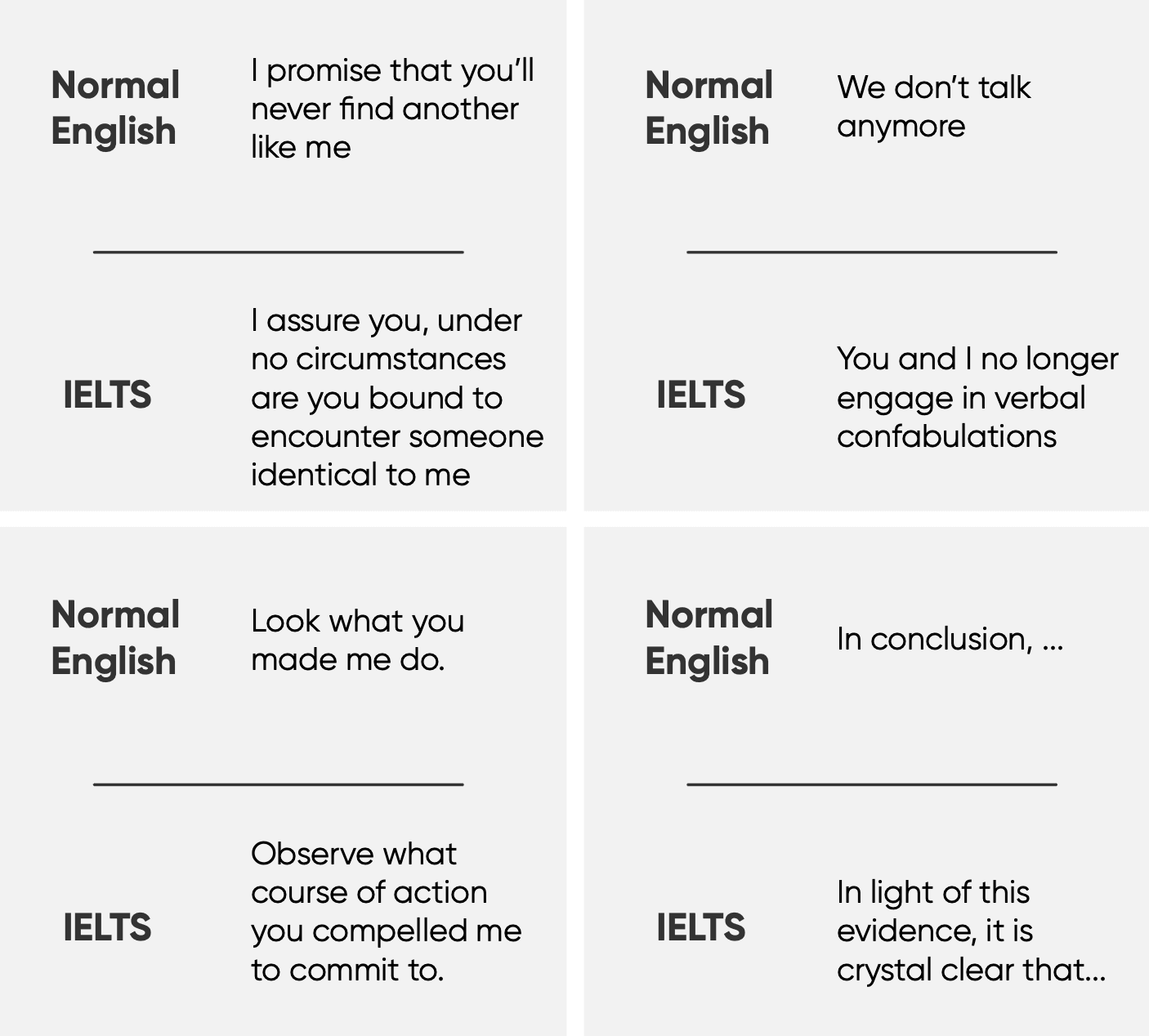International English Language Testing System, commonly known as IELTS, is a standardized test that measures the language proficiency of individuals who want to study or work in English-speaking countries. It is recognized globally and accepted by numerous educational institutions, employers, and governments as a reliable indicator of a person’s ability to communicate effectively in English.
IELTS is divided into four sections – Listening, Reading, Writing, and Speaking – and assesses a candidate’s skills in each of these areas. The test is designed to evaluate how well a person can understand and use the English language in real-life situations, making it a crucial requirement for those looking to pursue higher education or employment opportunities in English-speaking countries.
IELTS is for what purpose
The primary purpose of IELTS is to provide an accurate assessment of a candidate’s English language proficiency. Universities and colleges use IELTS scores to determine whether international students have the necessary language skills to succeed in their academic programs. Similarly, employers often require job applicants to submit IELTS scores to ensure that they can communicate effectively in a professional environment.
Furthermore, IELTS is also used by immigration authorities to assess the language proficiency of individuals applying for visas or residency in English-speaking countries. By demonstrating their ability to communicate in English through the IELTS test, candidates can improve their chances of being granted permission to study, work, or live in countries where English is the primary language.
Preparing for the IELTS test involves developing a range of language skills, including listening, reading, writing, and speaking. Candidates must practice regularly and familiarize themselves with the format of the test to achieve their desired scores. Many test preparation resources, such as study guides, practice tests, and online courses, are available to help candidates improve their English language proficiency and perform well on the IELTS exam.
In conclusion, IELTS plays a crucial role in facilitating communication and interaction in the global community. By providing a standardized assessment of English language proficiency, IELTS helps individuals pursue educational and career opportunities in English-speaking countries and contributes to their personal and professional growth. Whether you are a student, a job seeker, or an immigrant, achieving a high score on the IELTS test can open doors to a world of possibilities.
